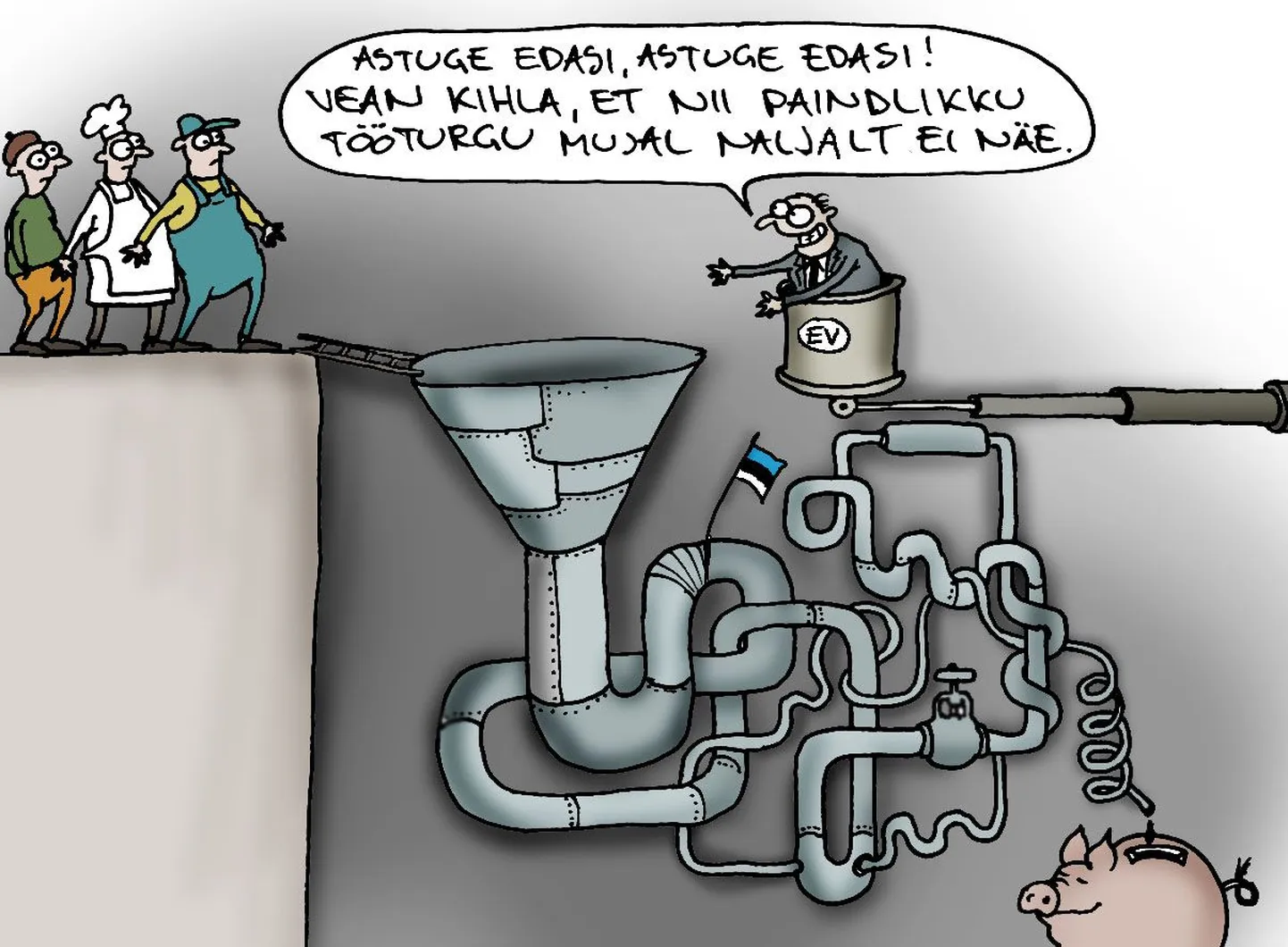
The Estonian Confederation of Trade Unions (EAKL) invites Minister of Economy and Industry Erkki Keldo to a meeting to discuss the impact of the proposed amendments to the Employment Contracts Act on workers and the role of collective agreements in regulating flexible working time.
The Confederation of Trade Unions' Confederation of Trade Unions' Confederation of Trade Unions' Confederation of Trade Unions' Confederation of Trade Unions' Confederation of Trade Unions' Confederation of Trade Unions' Confederations considers that the recently introduced amendments to the draft will increase the uncertainty of workers, both in terms of income and workload. The European Parliament's Minimum Wage Directive sets a target for Estonia to increase the proportion of workers covered by collective agreements to 80%, but the draft has removed the possibility originally provided for in the Directive to regulate flexible working time specifically through collective agreements. This amendment, according to the trade unions, runs counter to the aim of strengthening the protection of workers in the directive.
Kaia Vask, Chair of the EAKL, stresses that changing the flexible working time agreement should not put workers in an economically precarious situation: "At first glance, flexible working may seem like a worker-friendly solution, but when it means a fluctuating workload and unpredictable income, it reduces workers' economic security and worsens their mental and physical health. Flexible working conditions must therefore be regulated through collective agreements to ensure a fair balance between the interests of employers and workers. The situation of workers must not be allowed to deteriorate."
The board of the Confederation considers that the procedure of the amendments to the Employment Contracts Act should be suspended and referred back to the ministry to first start substantive negotiations between the social partners - trade unions and employers - and then continue the discussion in a tripartite way.
The Minister has been invited to meet the EAKL board to explain his views on collective agreements and to justify the legislative changes affecting workers that were drafted without the involvement of trade unions. The EAKL board and branch representatives also want to hear the minister's proposals for restoring good practice in social dialogue.
Photo by Urmas Nemvalts (Postimees, 5.10.2010.a)